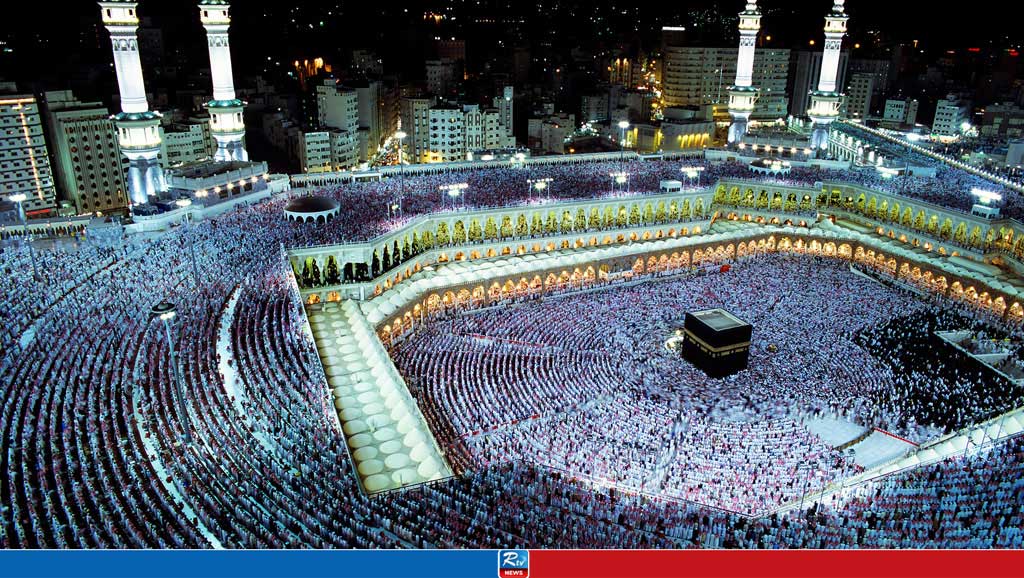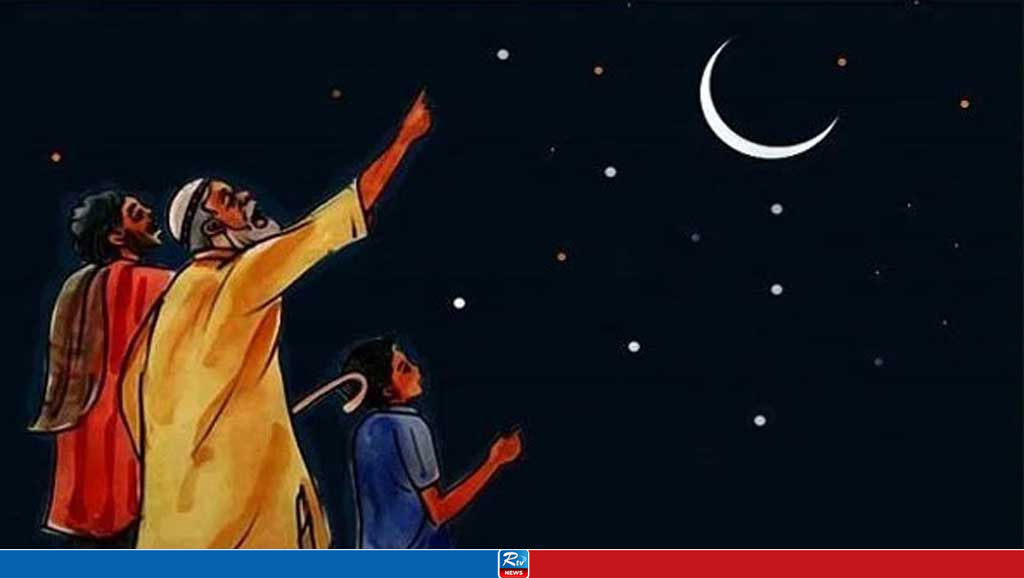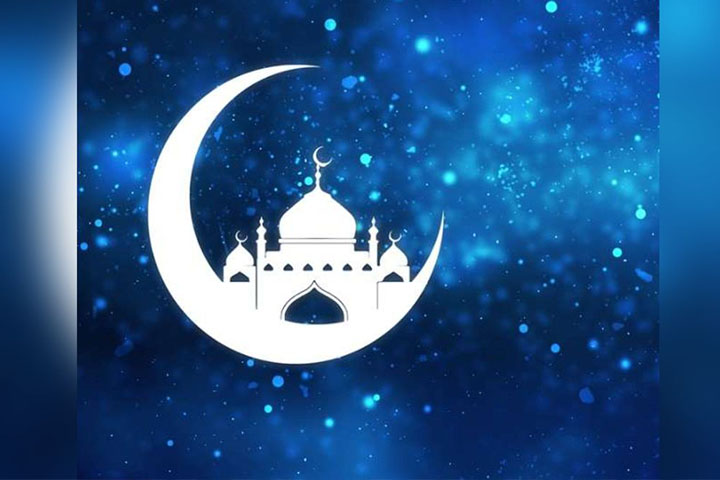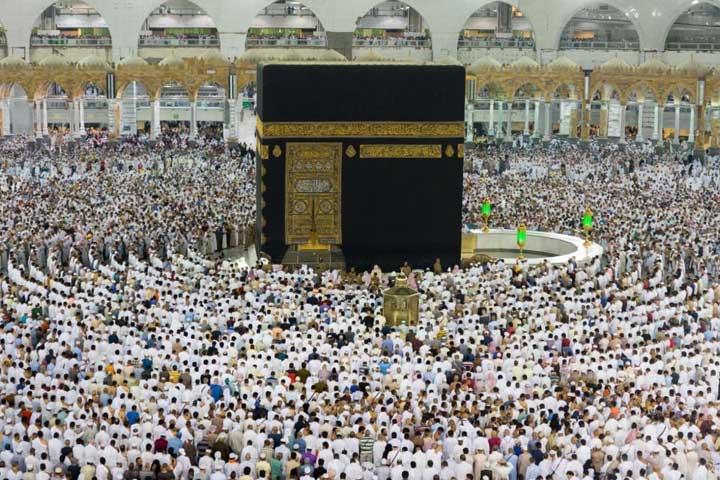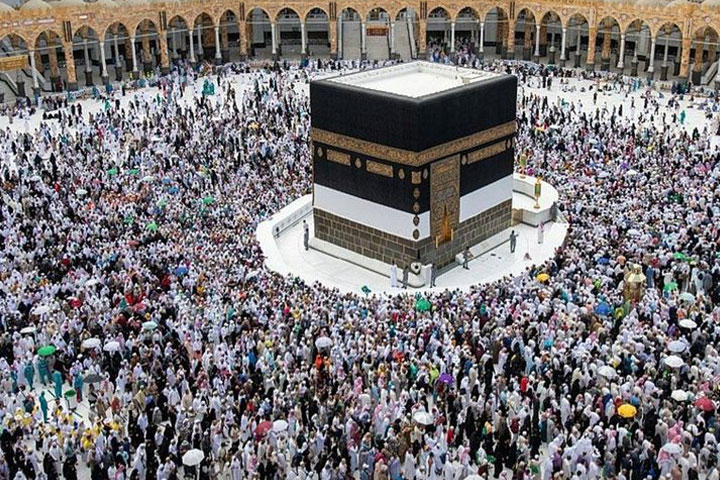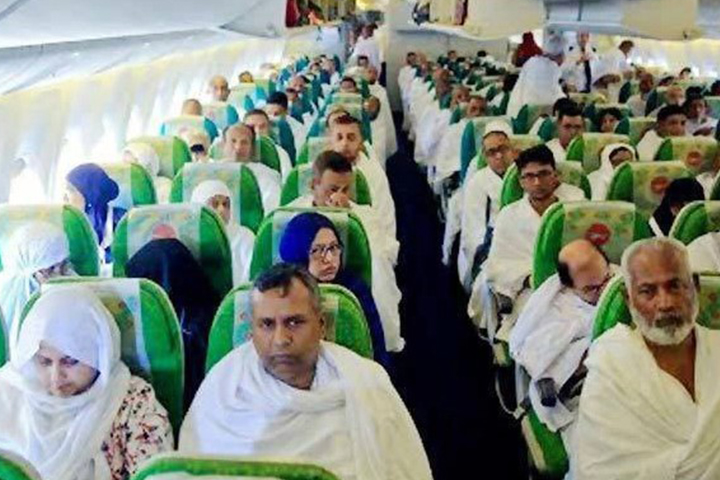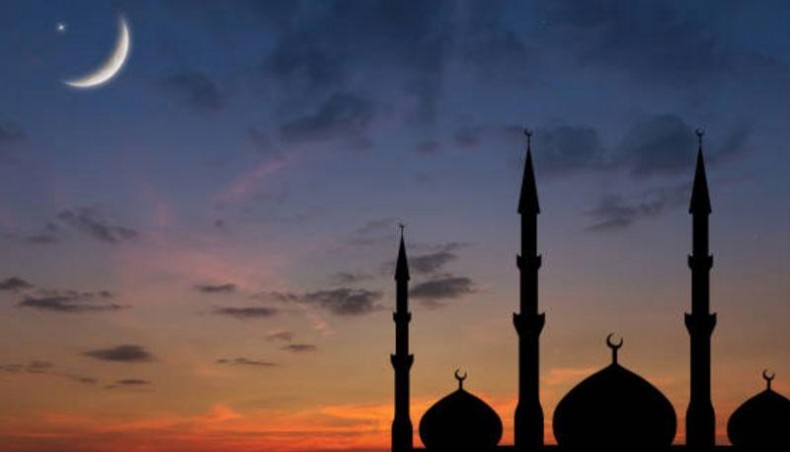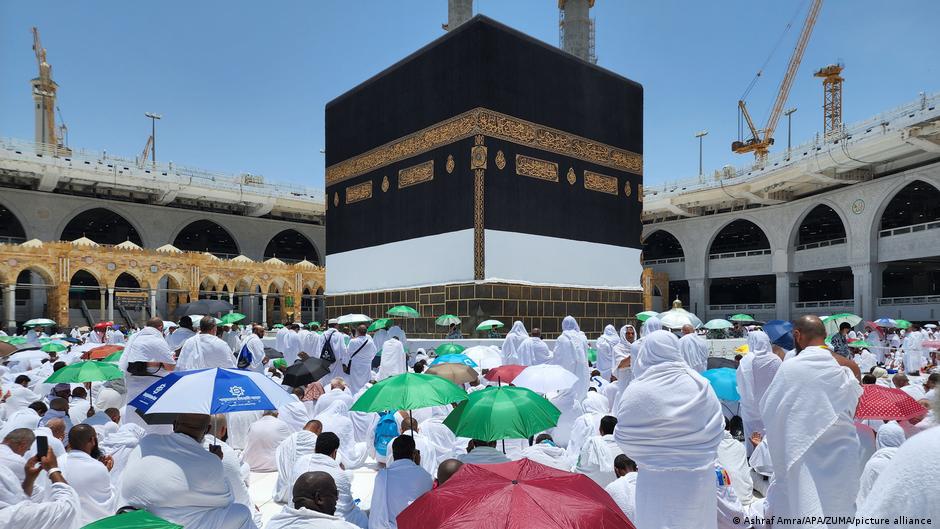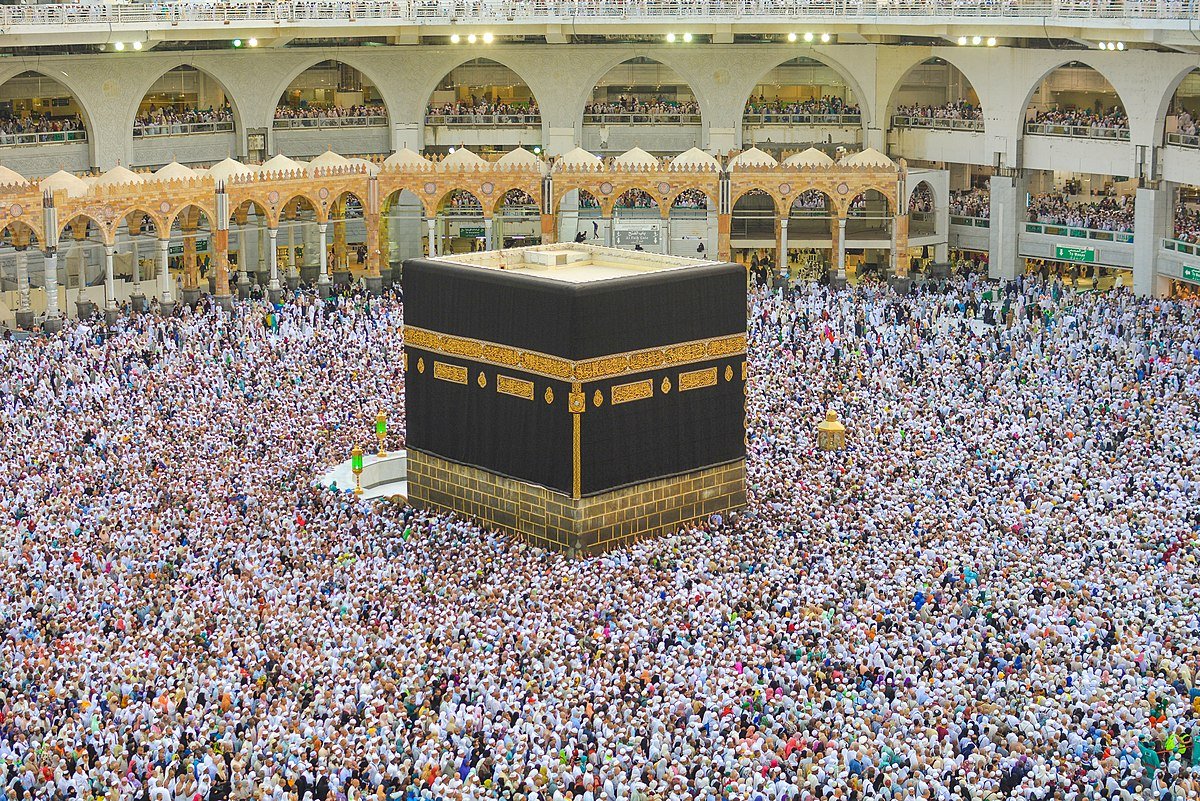Holy Eid-ul-Azha tomorrow
The holy Eid-ul-Azha, the second biggest religious festival of the Muslims, will be celebrated across the country tomorrow with due solemnity and religious fervor.
Eid-ul-Azha is celebrated on the 10th of Zilhajj month of the Hizri calendar as Hazrat Ibrahim (AS), on this day, some 4,500 years ago, offered to sacrifice his beloved son Hazrat Ismail (AS), who willingly submitted to the will of his father to please Allah.
But the Almighty in His benign mercy spared Hazrat Ismail (AS) and instead sent a ram to be sacrificed.
To commemorate this historic event, the Muslims across the country will offer prayers in congregations and sacrifice animals in the name of Almighty Allah.
They will offer munajat seeking divine blessings for peace, progress and prosperity of the country as well as welfare of the Muslim Ummah.
President M Abdul Hamid and Prime Minister Sheikh Hasina issued separate messages, greeting the Muslims in Bangladesh and all over the world on the occasion of the Eid-ul-Azha.
The main Eid congregation will be held at the National Eidgah near the High Court Bhaban in the capital at 8am, said Islamic Foundation (IF).
Eid congregation will be held at the historic Sholakia ground in Kishoreganj this year in a break of 2 years due to Covid-19 pandemic.
Kishoreganj Deputy Commissioner Mohammad Shamim Alam told BSS that Islamic scholar Mawlana Farid Uddin Masud will conduct the Eid jamaat at 9 am.
A total of five Eid congregations will be held at the Baitul Mukarram National Mosque.
The first Jamaat will be held at 7am to be conducted by Hafez Mufti Maulana M Mizanur Rahaman, senior pesh Imam of the mosque, said a press release of IF.
Hafez Mufti Muhibullah Baki Nadvi will conduct the second Eid Jamaat at 8 am and the third one will be conducted Islamic Foundation's Mufassir Dr Mawlana Abu Saleh Patwari at 9 am.
Baitul Mukarram mosque Pesh Imam Maulana Mahiuddin Kashem will conduct the fourth Jamaat at 10am while the fifth Jamaat will be conducted by IF's Mufti Mawlana Mohammad Abdullah at 10.45am.
Organizers said adequate water supply and security arrangements have already been made at the Baitul Mukaram National Mosque to facilitate the Eid-ul-Azha prayers.
Eid Jamaat will be held at the South Plaza of the National Parliament at 8am while Chief Whip of Parliament, whips, cabinet members, lawmakers and Jatiya Sangsad Secretariat officials and employees and devotees will join the jamaat there.
In the Dhaka University, two Eid Jamaats will be held at university central mosque - Masjidul Jamiya - at 8am and 9am.
Senior Imam Dr Syed Muhammad Emdad Uddin will conduct the first Jamaat while second one will be conducted by senior imam Hafez Mawlana Najir Mahmud.
Adequate security measures have been taken for peaceful and smooth celebration of the holy Eid-ul-Azha. The law enforcement agencies were also asked to ensure smooth movement of vehicles on highways, waterways and train routes.
State-run Bangladesh Television and Bangladesh Betar as well as other TV channels and radio stations would broadcast special programmes on the occasion of the Eid-ul-Azha.
On the day, improved diets will be served to inmates of government hospitals, prisons, orphanages, safe homes and shelter centers.
On July 7, the government issued a circular with eight instructions, including maintaining the health rules, during the prayers.
The guidelines included no illuminating will be allowed on the occasion of the Eid-ul-Azha celebrations, everyone has to perform ablution at respective residences before going to Eidgah or mosque, soap or hand sanitizer must be kept at the place of having ablution (wadukhana) at mosque or Eidgah to prevent the coronavirus infection, a worshiper (musulli) must wear mask and should not use the prayer mat (Jainamaz) and cap earlier kept in mosques.
While performing Eid prayers, they must maintain a gap maintaining the health rules and social distancing, Musullis will have to stand keeping one row gap in prayers, Khatibs, imams, mosque management committees and local administration have been requested to offer doa to the Almighty Allah after the holy Eid-ul-Azha prayers to save the country and its people from the deadly Covid-19 pandemic, Khatibs, imams and mosque management committees and local administrations have been requested to ensure the proper execution of these health guidelines, in the case of animal sacrifice (slaughtering the sacrificial animals), the instructions of the Ministry of Fisheries and Livestock have been asked to follow properly.
The local administration, law enforcement agencies, people's representatives, officials and employees of the Islamic Foundation and the management committee of the concerned mosques have also been requested to execute the directives of the government.
Source: BSS
AH

 Live Tv
Live Tv

